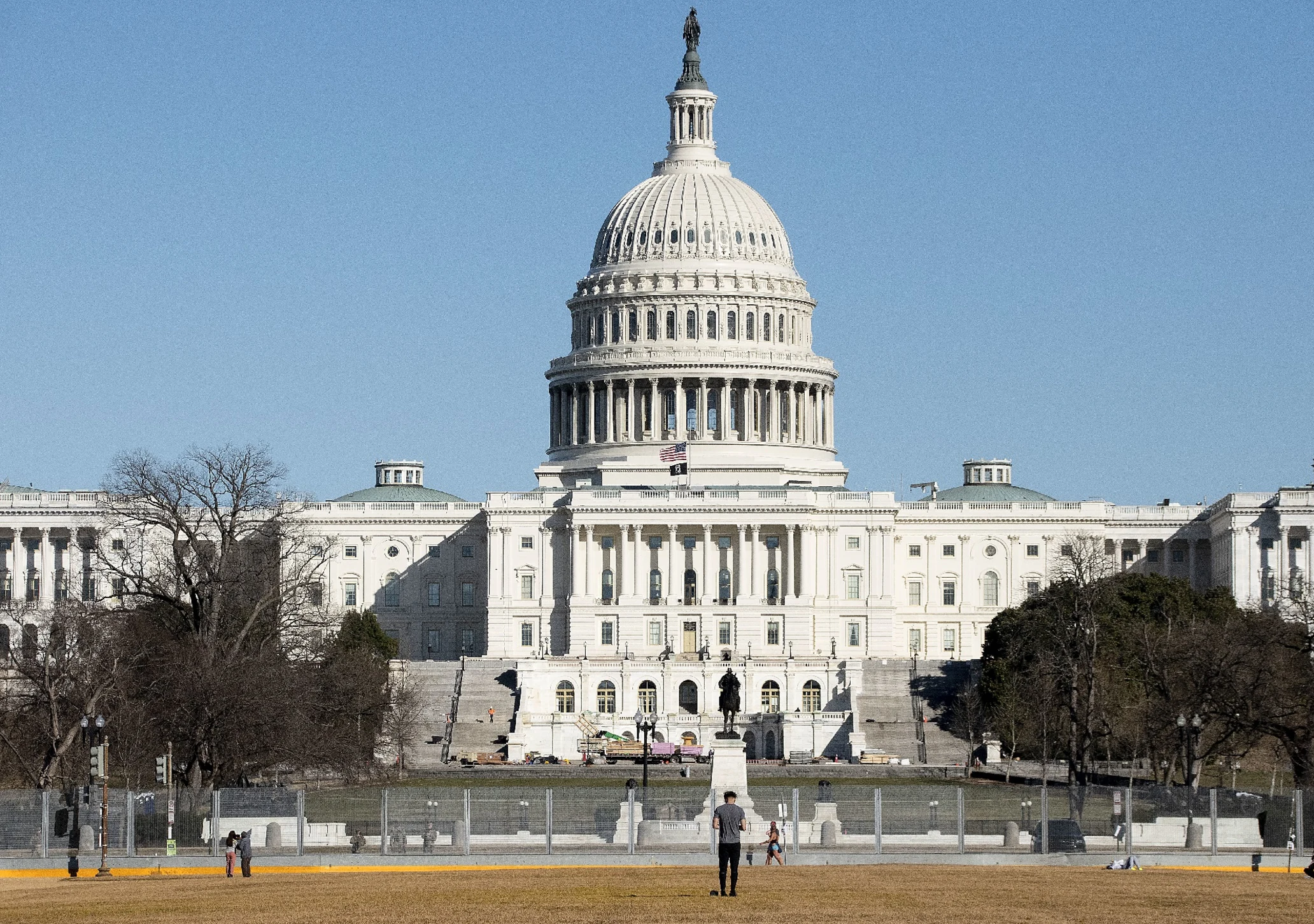A critical victory for private land conservation
After years of hard work and persistence by the Land Trust Alliance, our land trust members and our allies on Capitol Hill — and in the face of well-resourced opposition — Congress finally passed the Charitable Conservation Easement Program Integrity Act as part of its year-end “omnibus” spending bill.

After years of hard work and persistence by the Land Trust Alliance, our land trust members and our allies on Capitol Hill — and in the face of well-resourced opposition — Congress finally passed the Charitable Conservation Easement Program Integrity Act as part of its year-end “omnibus” spending bill.
The Alliance thanks a bipartisan group of congressional leaders, including Senators Steve Daines, Chuck Grassley, Debbie Stabenow and Ron Wyden, and Representatives Mike Thompson and Mike Kelly, for leading the effort to halt this abuse and ensuring that the legislation was part of the appropriations bill.
A conservation easement, on its face, is a simple concept: A voluntary legal agreement between a landowner and a government agency or land trust that permanently limits future development of the land in order to protect its conservation values. But the significance of this tool goes well beyond its status as a straightforward legal instrument: Conservation easements are at the heart of private land conservation, allowing landowners to protect their land into the future on their own terms, while still retaining the ability to own, use and control their land, sell it, or pass it on to heirs.
In 2015, Congress made permanent — due to the steadfast advocacy of the Alliance and the land trust community — a measure intended to encourage conservation easements: the enhanced federal tax incentive for conservation easement donations, which has helped thousands of Americans voluntarily conserve millions of acres of their own land for the benefit of their families, their communities and the nation. For those that own land with important natural, agricultural or historic resources, donating a conservation easement can be a practical way to both save the land they love forever while realizing significant federal tax savings.
Unfortunately, while the vast majority of these donations are indeed good-faith charitable endeavors, a few bad actors sought to game the system in pursuit of quick — and often staggeringly outsized — profits.
During the past decade, so-called abusive syndicated conservation easement transactions have cost U.S. taxpayers billions of dollars. According to the most recent publicly available IRS data, investors claimed nearly $36 billion in unwarranted deductions between 2010 and 2018, and while data for tax years 2019, 2020, 2021 and 2022 have not yet been released, indications are that these types of abusive transactions have continued at a consistent rate.
To put that into perspective, approximately 2,000 to 2,500 conservation donations are made annually for truly charitable purposes, resulting in about $1 billion in claimed deductions per year. Meanwhile, between 2016 and 2018, the IRS found $22 billion in unwarranted tax deductions claimed on fewer than 300 syndicated transactions.
Compounding matters, the U.S. Tax Court recently struck down an IRS notice requiring investors and promoters to disclose their participation in syndicated conservation easement transactions. This not only threatened to hamstring the IRS in its crackdown on these transactions but clarified the reality that Congress alone had the power to stop bad actors by enacting sensible, narrowly targeted legislation that would end the abuse, preserve the integrity of our tax laws, and protect those who work tirelessly and ethically to conserve our country’s irreplaceable working and natural lands.
This victory was a long time coming yet was in no way guaranteed. Promoters of abusive syndicated conservation easements outspent the Alliance 10 to 1. Thankfully, our community of land trusts worked with a group of congressional leaders and held steadfast in their commitment to stopping the abuse. My sincere thanks to everyone who took the time to make their voice heard and insist that Congress step up and do the right thing.
I am proud to say our community can finally celebrate the end of this blatant abuse and move forward unimpeded in our efforts to conserve more land and protect the places people need and love.